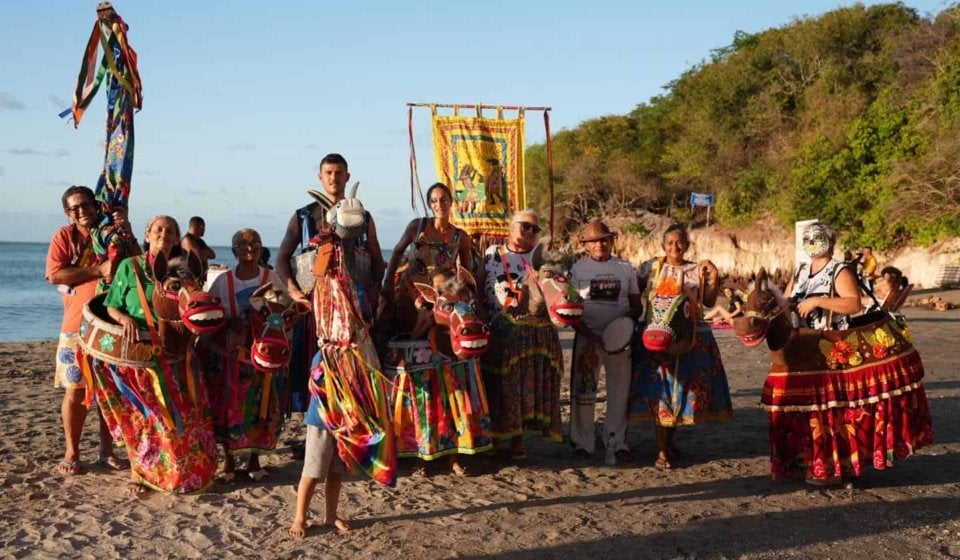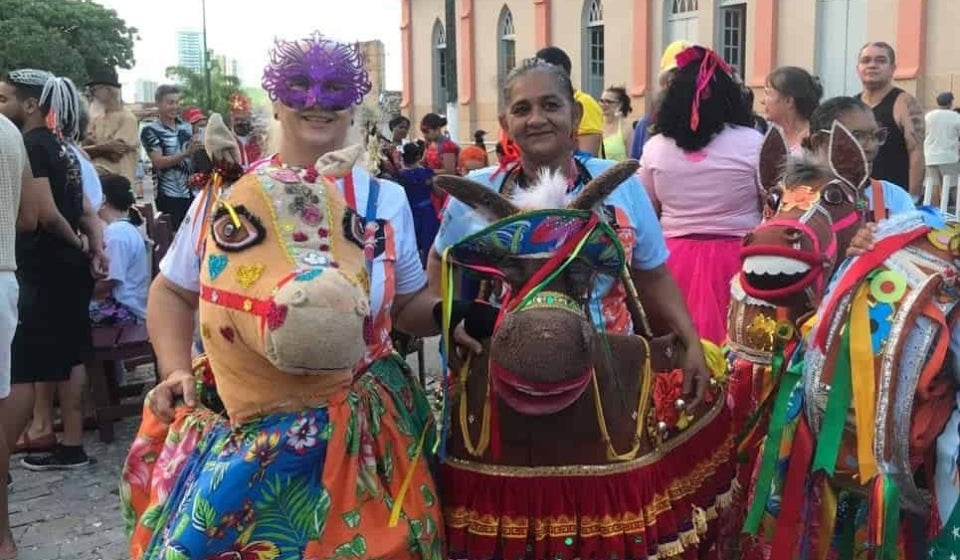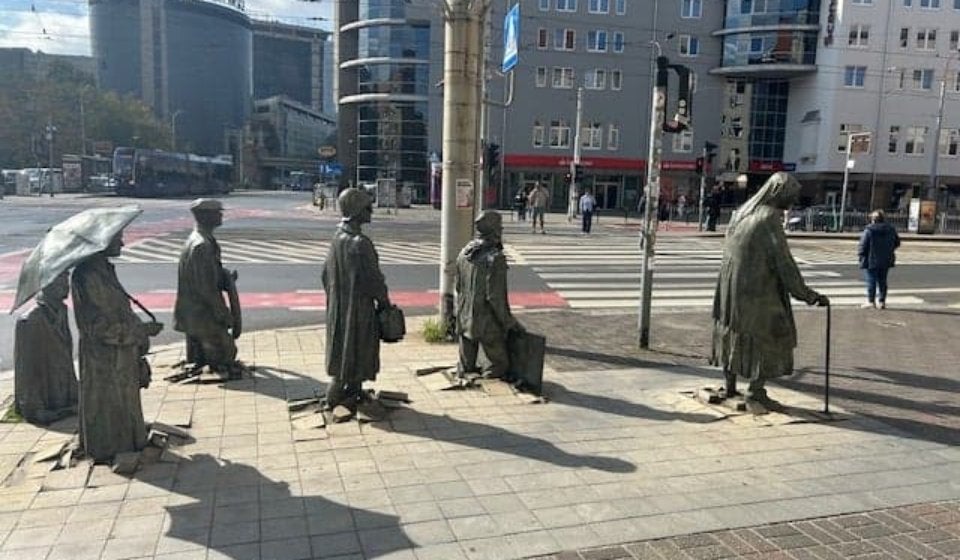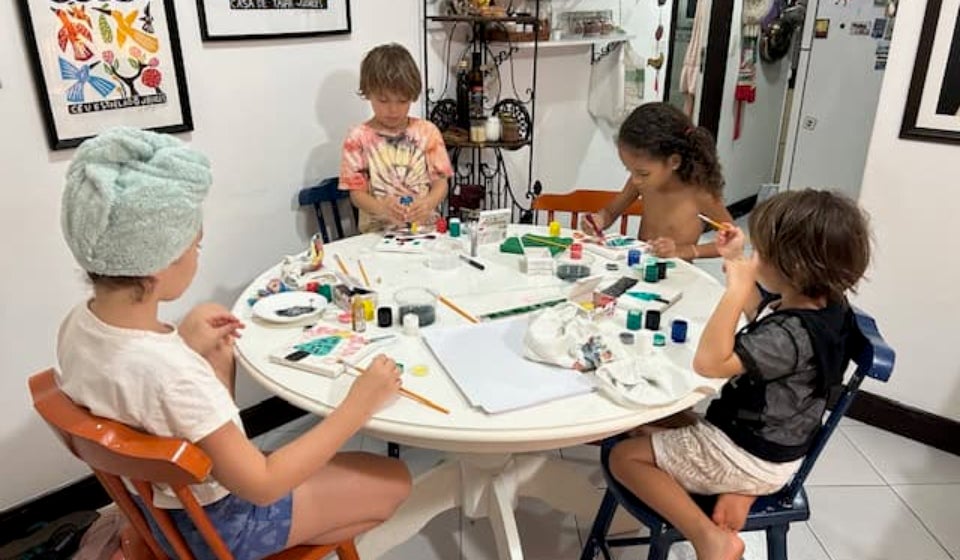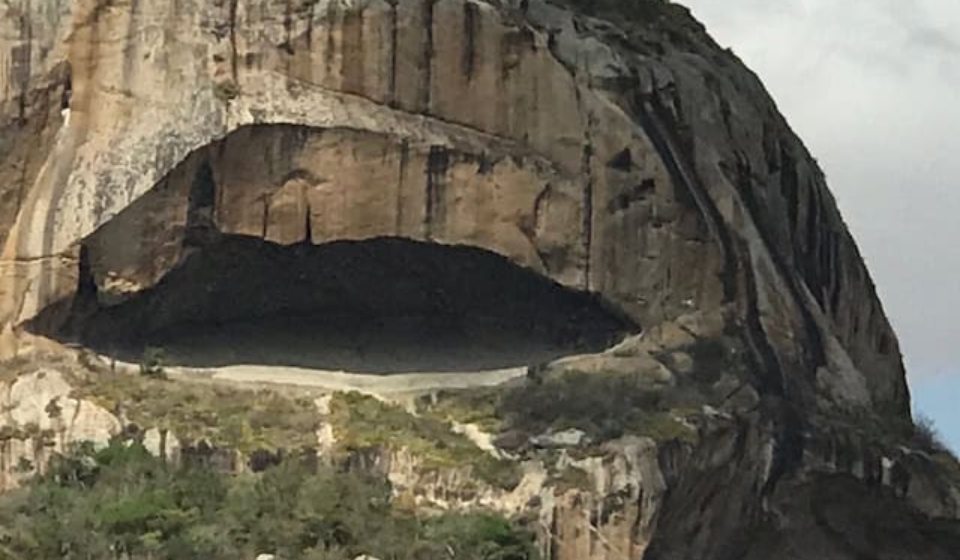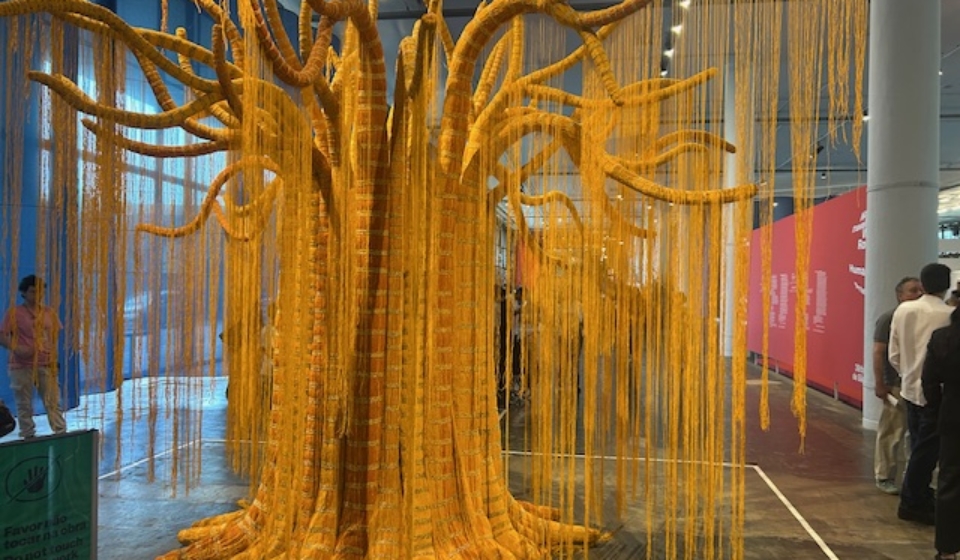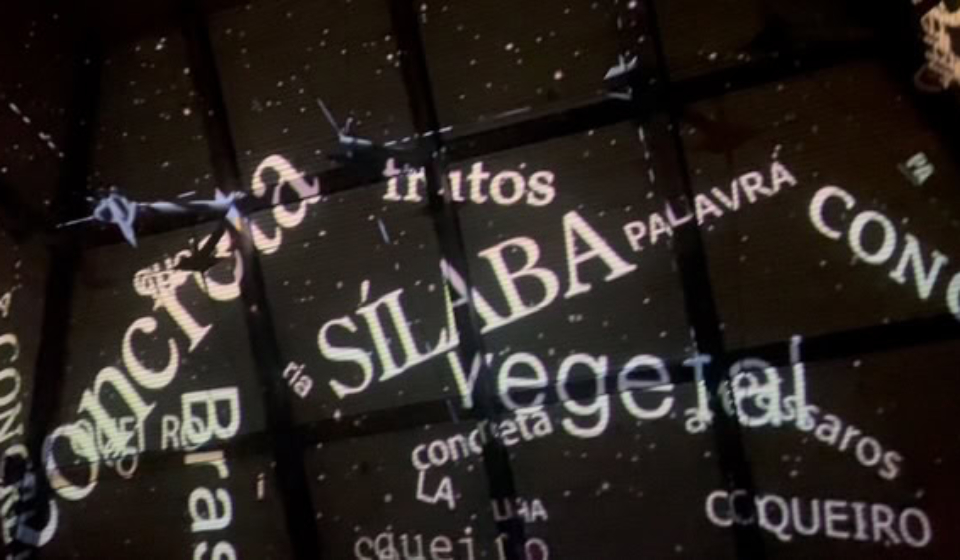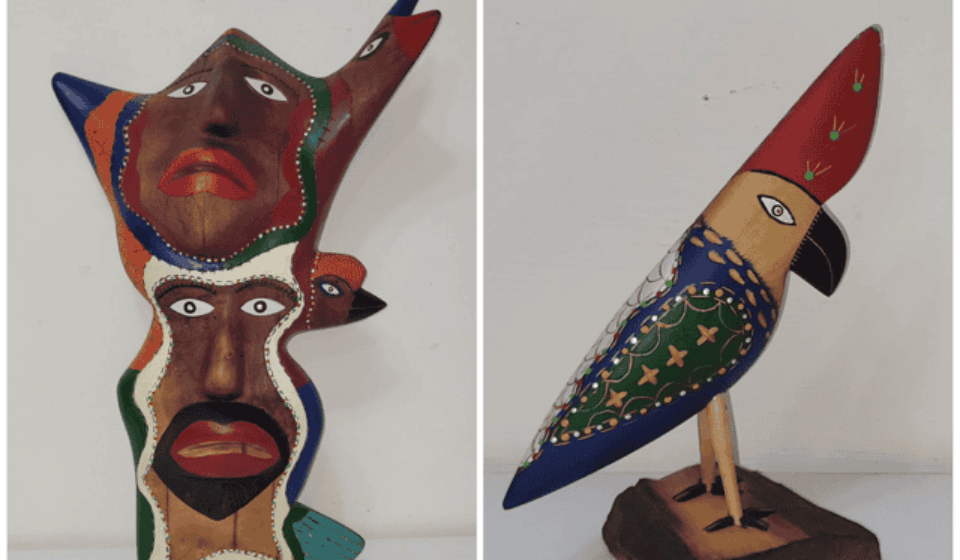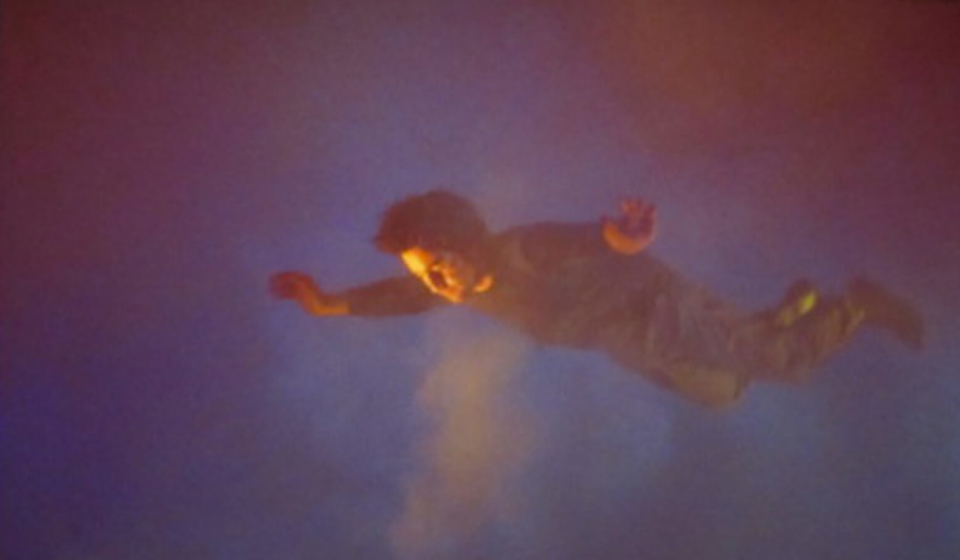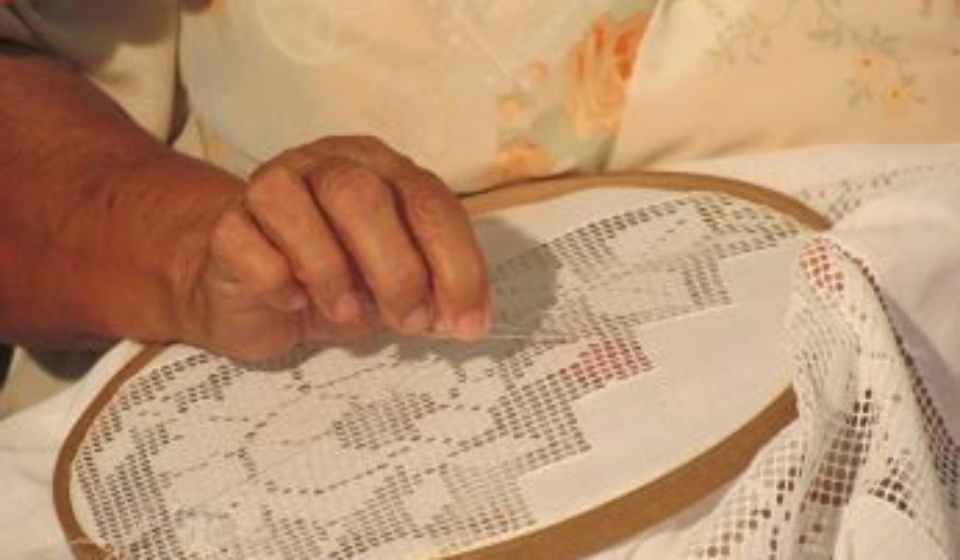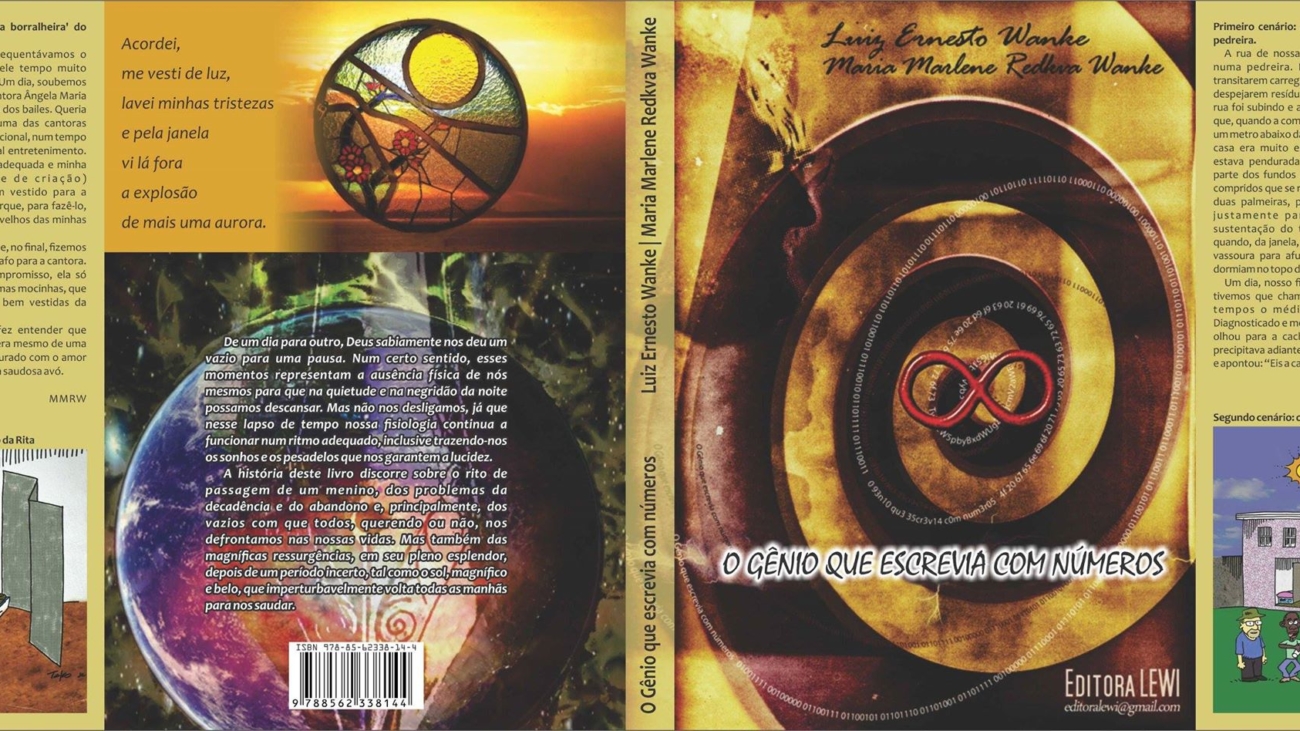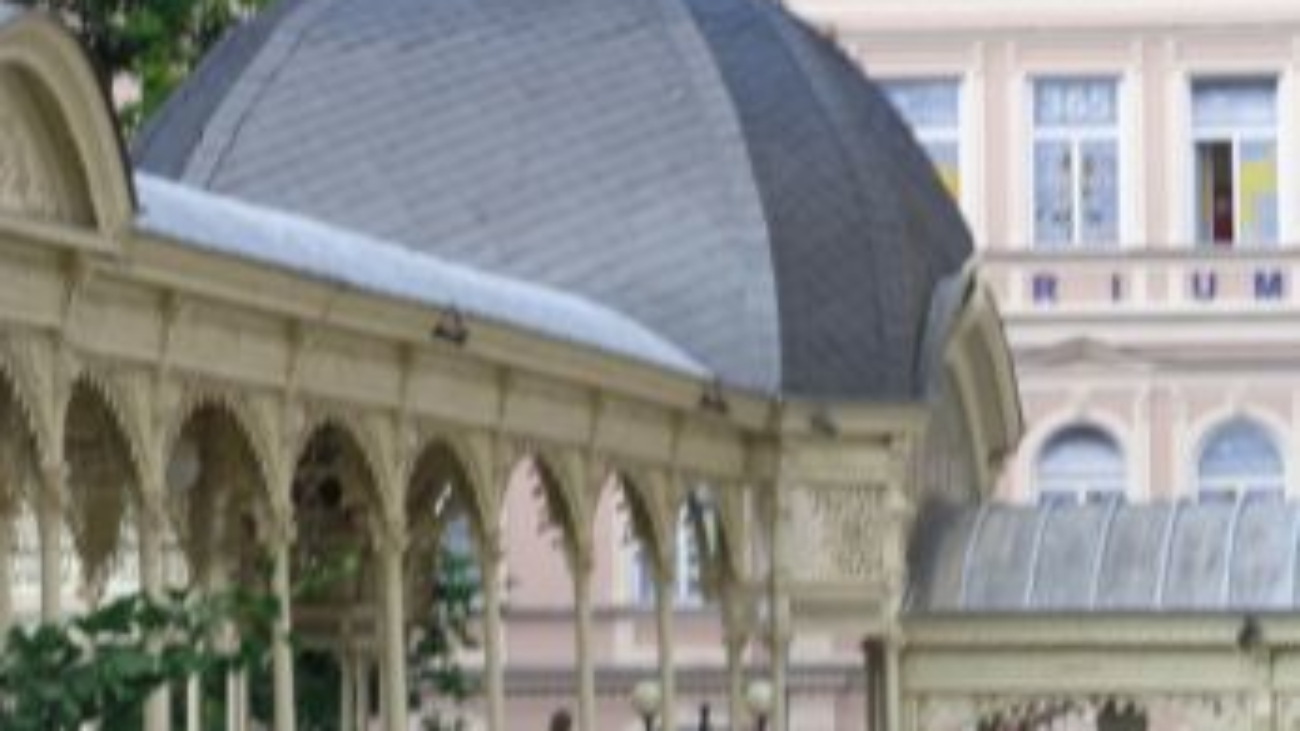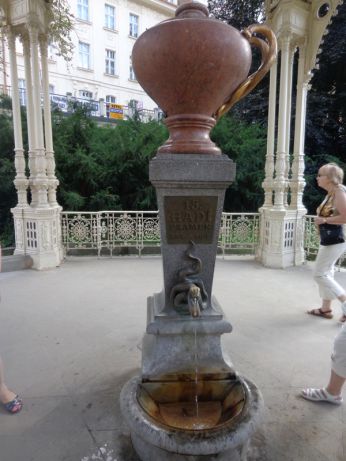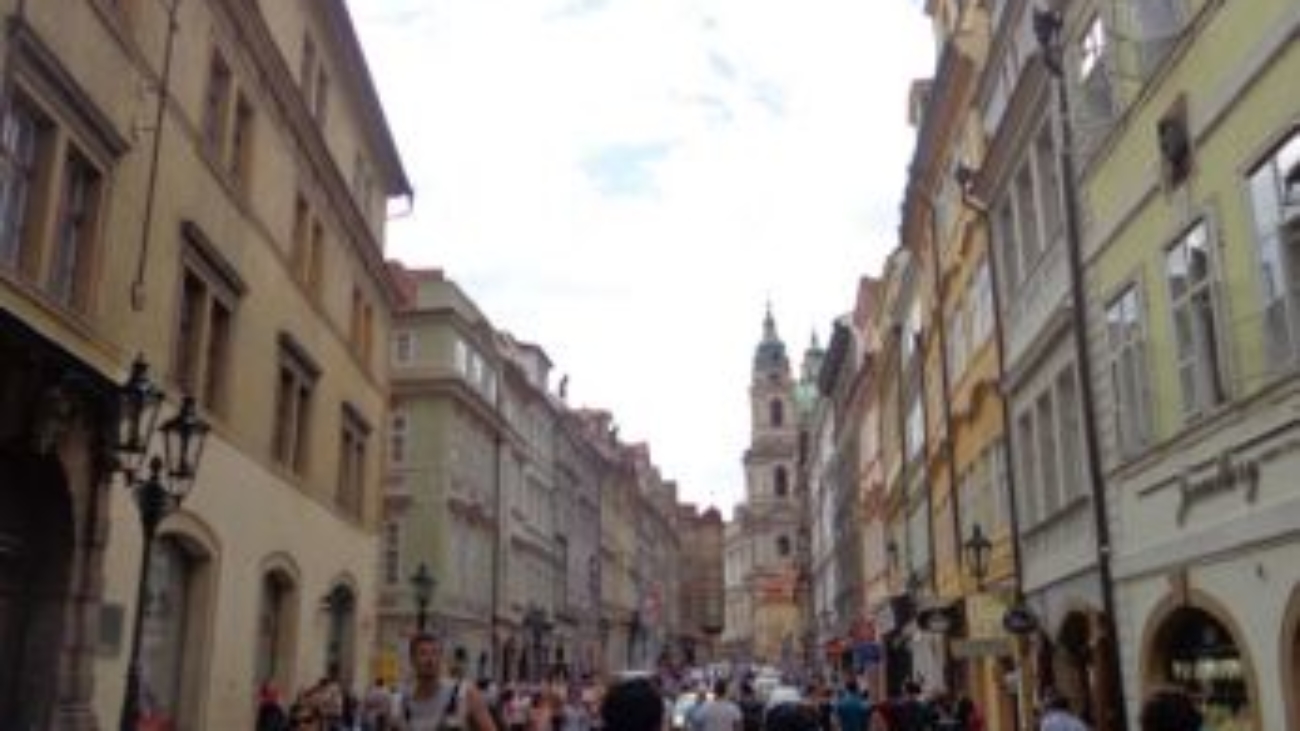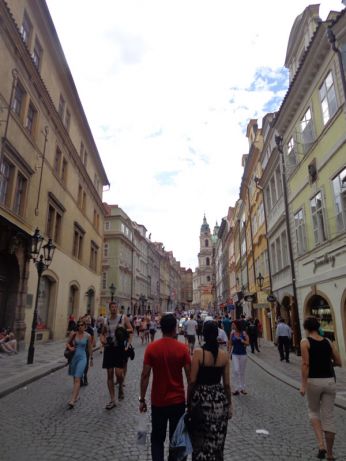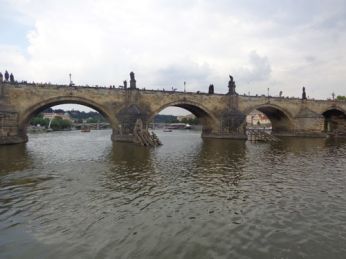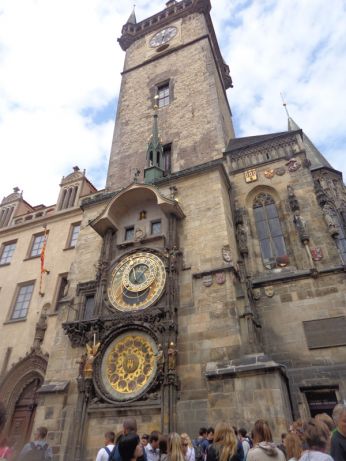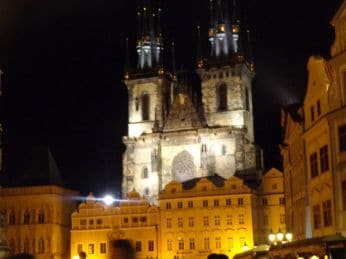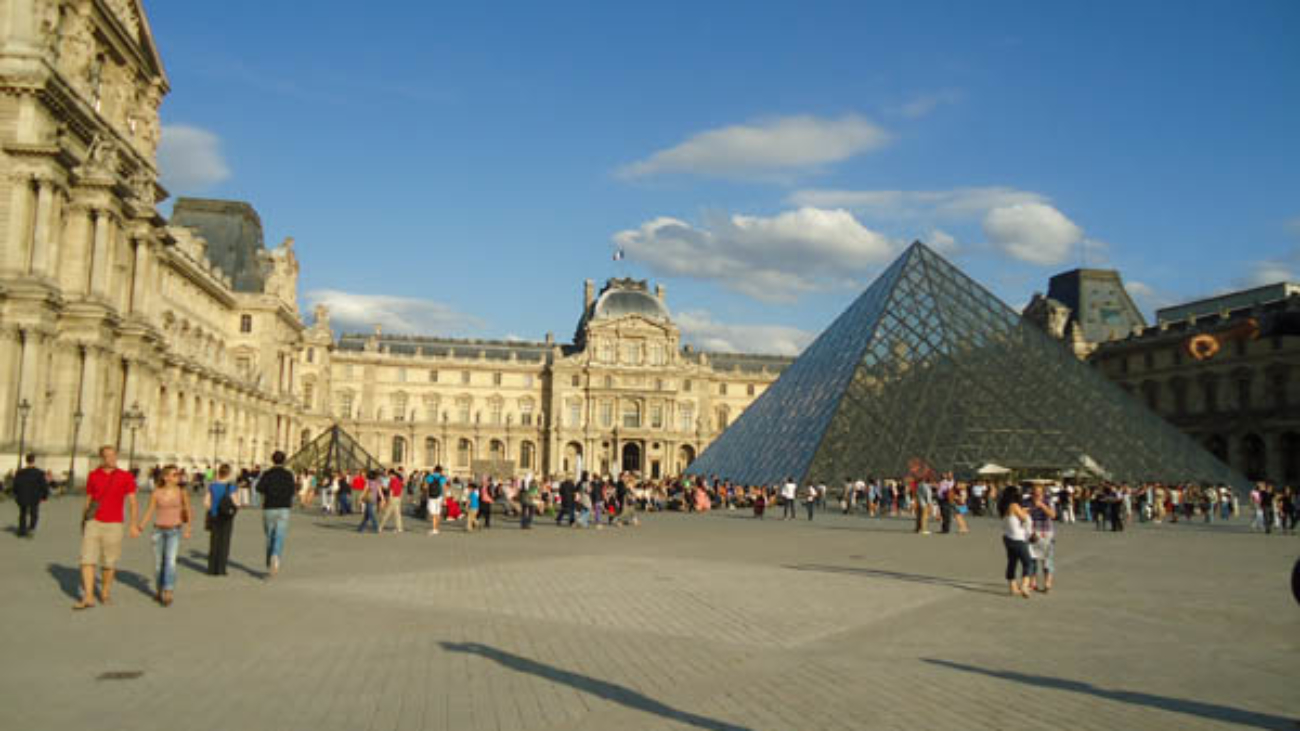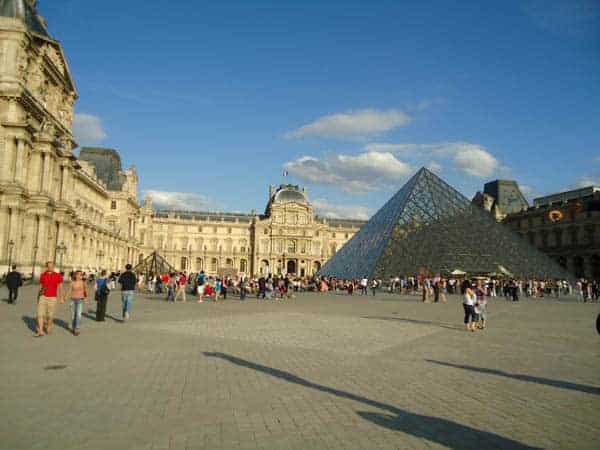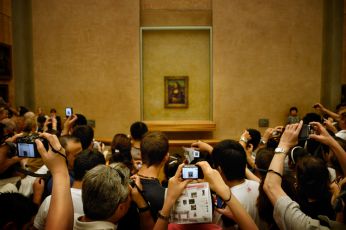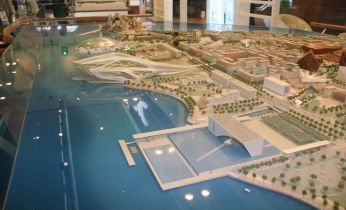“O gênio que escrevia com números” é o primeiro livro de ficção de Luiz Ernesto Wanke e o quinto a ser lançado por este professor e escritor que estará no dia 31 de março, a partir das 18h30, na Livraria da Vila, em Curitiba, para noite de autógrafos. Autor de quatro livros sobre história, Brasil Chinês, O Grito do Ipiranga-Segundo Pedro Américo, Piás de Hitler, Malvinas: O dia que vimos a guerra começar, Luiz Ernesto segue a tradição da família – irmão de Eno Theodoro Wanke (1929-2001), poeta e escritor paranaense.
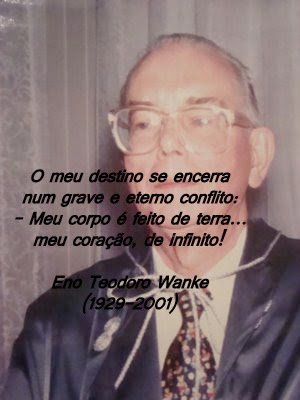
Um pouco da sensação do autor sobre o porquê de se embrenhar pelos caminhos da ficção pode ser vivenciada no artigo Gênese de uma História, publicado no PanHoramarte. Diferente da pesquisa histórica do livro Brasil Chinês, que defende a origem oriental de nossos índios e de fatos analisados em “O Grito do Ipiranga – segundo Pedro Américo”, que é um livro rápido de ler, curioso e dirigido aos interessados em saber mais sobre o que pensava o pintor brasileiro no momento em que pintou a mais conhecida cena sobre a independência do Brasil, na ficção, Luiz Ernesto discorre sua prosa em lembranças reinventadas pelas histórias da infância vivida em liberdade no bairro Olarias, de Ponta-Grossa, interior do Paraná.
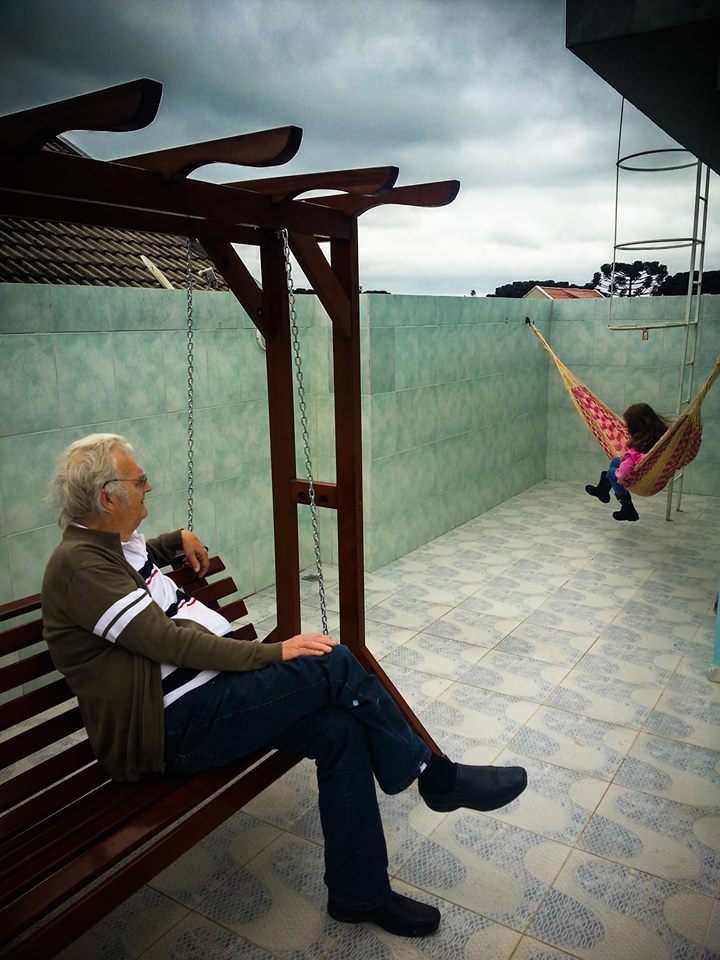
Luiz Ernesto Wanke recebeu o sinal de sua bisavó, e assim como outros descendentes levaram adiante o Legado de Marie. Pelas palavras, o autor faz com que o gosto pela leitura tão expresso na história ancestral permaneça no tempo de geração a geração. Já disse um dia Lygia Fagundes Telles: “A palavra é a ponte que o escritor lança para o seu próximo. Eu estendo a ponte e digo: venha”, Tributo a Marie. O autor atravessou a ponte e construiu sua própria e agora diz: venham!
Informações úteis:
Lançamento do livro “O gênio que escrevia com números”
Data: 31 de março
Local e hora: Livraria da Vila Shopping Batel, das 18h30 às 21h.
Endereço:Avenida do Batel, 1868, loja 314, piso L3
Saiba mais pelo e-mail:profwanke@hotmail.com ou em sua página no Facebook

